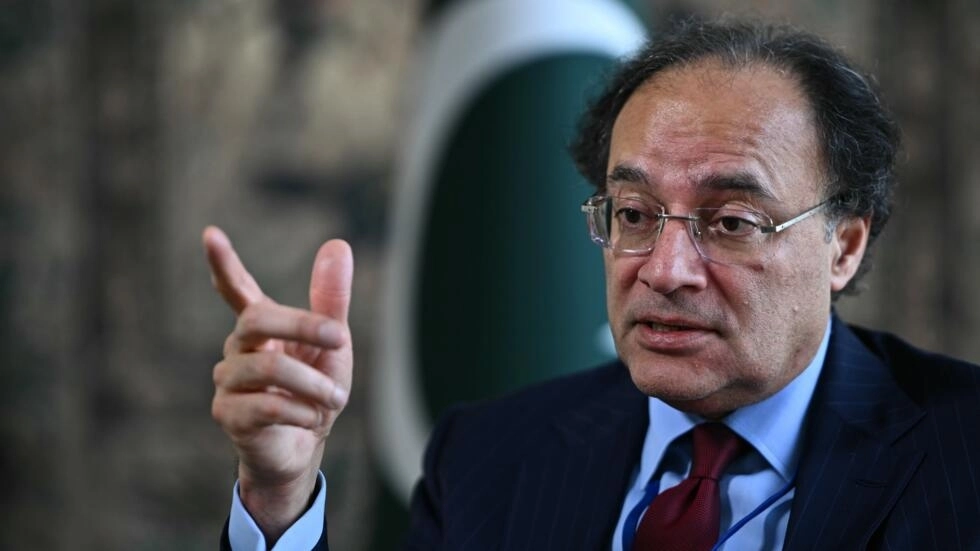As the South Asian nation nears the conclusion of a nine-month, $3 billion loan program with the International Monetary Fund (IMF) aimed at addressing a balance-of-payments crisis that pushed it to the brink of default last summer, talks have commenced for a new multi-year IMF loan program worth “billions” of dollars, according to Finance Minister Muhammad Aurangzeb in a recent interview in Washington.
With the final $1.1 billion tranche of the existing deal expected to be approved later this month, Aurangzeb, who assumed office last month, expressed optimism about the improved market sentiment and confidence this fiscal year. He emphasized the initiation of discussions with the IMF for a larger and extended program.
While an IMF spokesperson stated that the focus remains on completing the current Stand-by Agreement program, discussions on a potential successor program have been initiated by the new government.
During his visit to Washington for the IMF and World Bank spring meetings, Aurangzeb aims to address climate change challenges and assist heavily indebted nations. He anticipates requesting a three-year program to facilitate the execution of structural reform initiatives, with detailed discussions expected to commence in mid-May.
Navigating the US-China trade rivalry presents a challenge for Pakistan, given its close economic ties to both nations. Aurangzeb stressed the importance of maintaining strong relationships with both countries while highlighting opportunities for Pakistan to capitalize on the trade war dynamics, similar to Vietnam’s success in boosting exports to the US.
Pakistan’s structural reform program includes privatization efforts, with Pakistan International Airlines (PIA) being the first state-owned enterprise (SOE) slated for privatization. Aurangzeb anticipates assessing bidder interest in the coming month and aims to complete the privatization by June. This effort is part of a broader pipeline of privatization initiatives envisioned by the government over the next few years.


